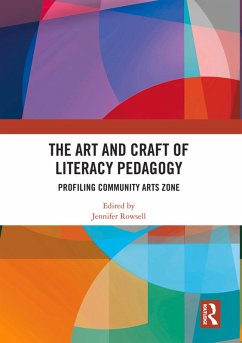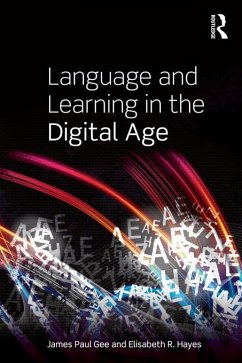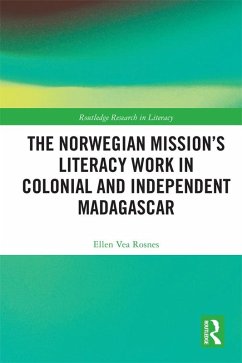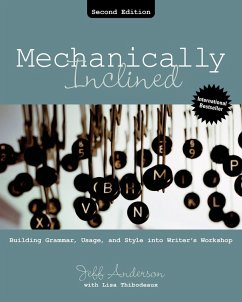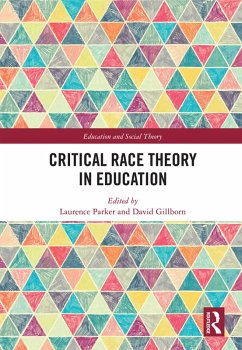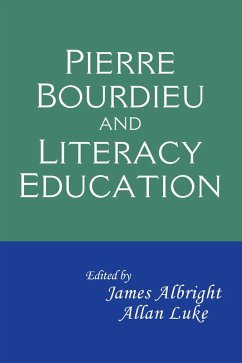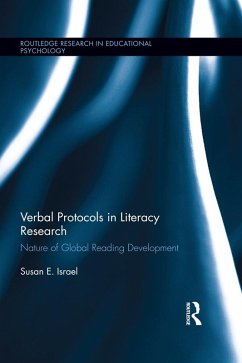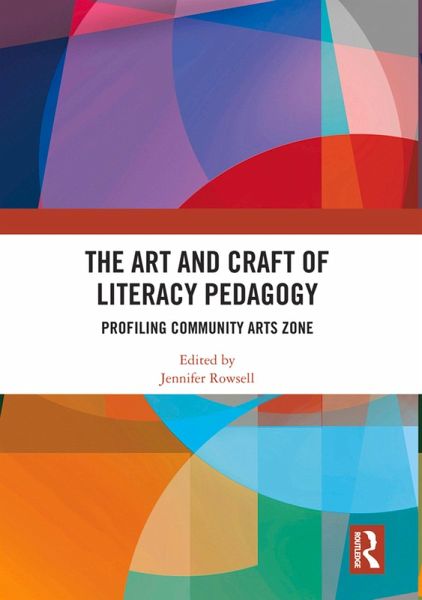
The Art and Craft of Literacy Pedagogy (eBook, ePUB)
Profiling Community Arts Zone
Redaktion: Rowsell, Jennifer
Versandkostenfrei!
Sofort per Download lieferbar
39,95 €
inkl. MwSt.
Weitere Ausgaben:

PAYBACK Punkte
20 °P sammeln!
In tracing community, and how art and craft can be harnessed to express and manifest communities, this book raises fundamental questions and issues about the nature of literacy in everyday lives. Threaded throughout the contributions is an abiding belief in the expansive and flexible nature of literacy, which might one moment involve photography; in the next, drama; and in the next, invite song coupled with movement. Something happens to literacy when it is seen through multiple modalities of meaning and communication: it moves from a thing to a thought and a feeling. Pedagogically, the book o...
In tracing community, and how art and craft can be harnessed to express and manifest communities, this book raises fundamental questions and issues about the nature of literacy in everyday lives. Threaded throughout the contributions is an abiding belief in the expansive and flexible nature of literacy, which might one moment involve photography; in the next, drama; and in the next, invite song coupled with movement. Something happens to literacy when it is seen through multiple modalities of meaning and communication: it moves from a thing to a thought and a feeling. Pedagogically, the book offers readers a carousel of places and people to witness literacy with, from young children all the way to grandparents. This opens up a sense of geography and age, proving that literacy really does reside in the centre and corners of our lives. With nine chapters by scholars in Canada, the United Kingdom, and the United States, all researching under the umbrella of the same research study, the collection provides a unique perspective on human and aesthetic communication and shows differences between social groups.
This book was originally published as a special issue of Pedagogies: An International Journal.
This book was originally published as a special issue of Pedagogies: An International Journal.
Dieser Download kann aus rechtlichen Gründen nur mit Rechnungsadresse in A, B, BG, CY, CZ, D, DK, EW, E, FIN, F, GR, HR, H, IRL, I, LT, L, LR, M, NL, PL, P, R, S, SLO, SK ausgeliefert werden.




